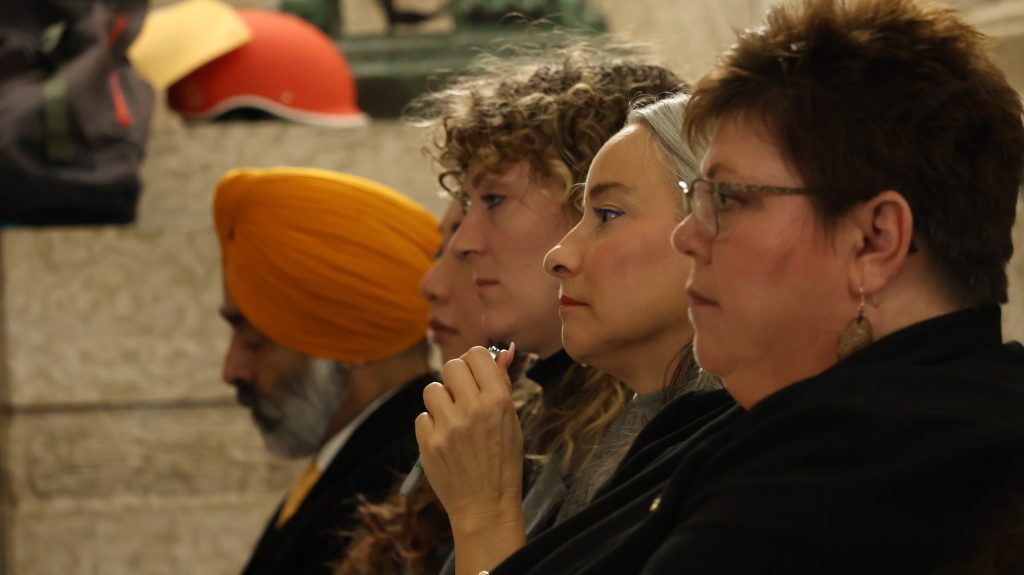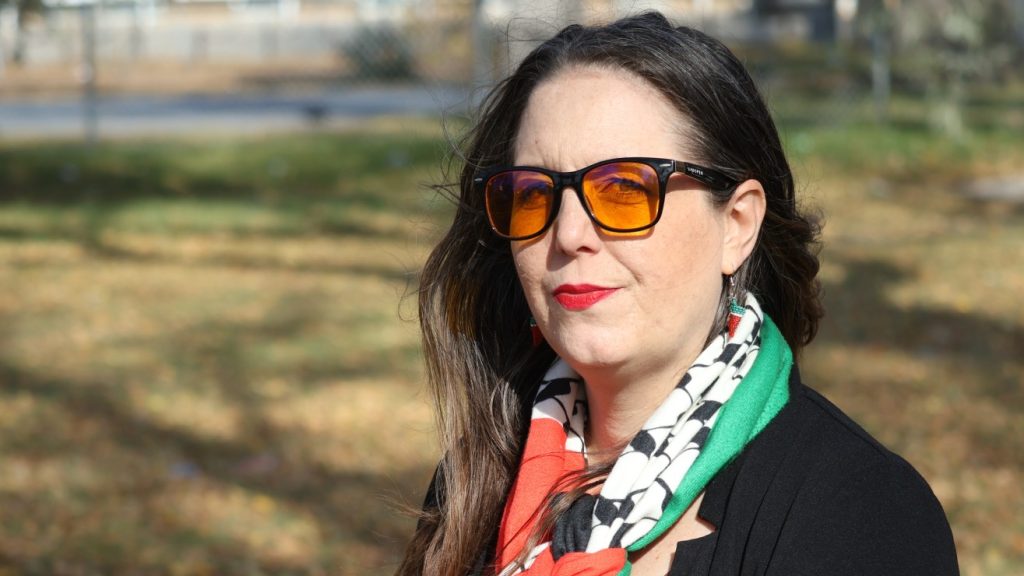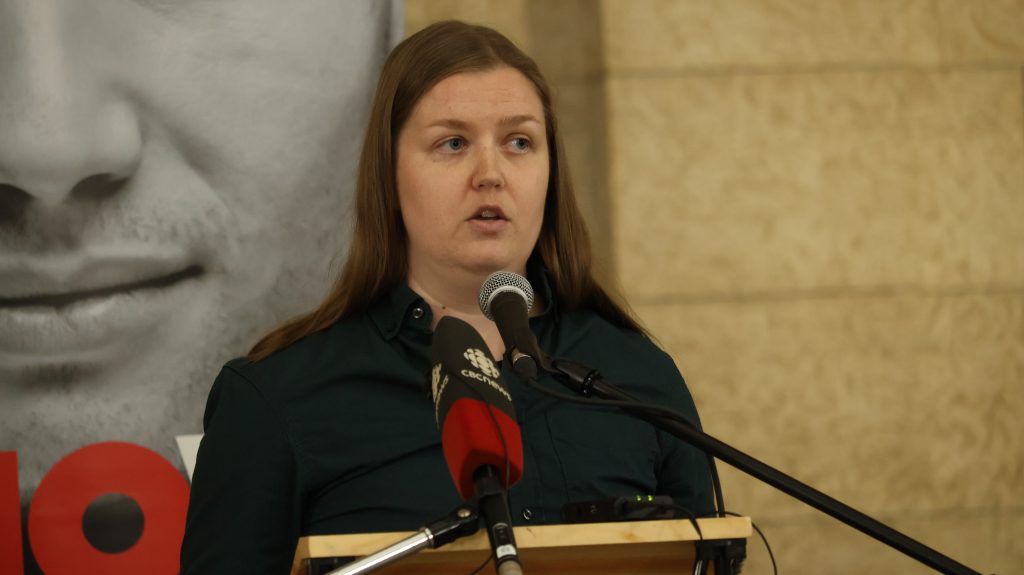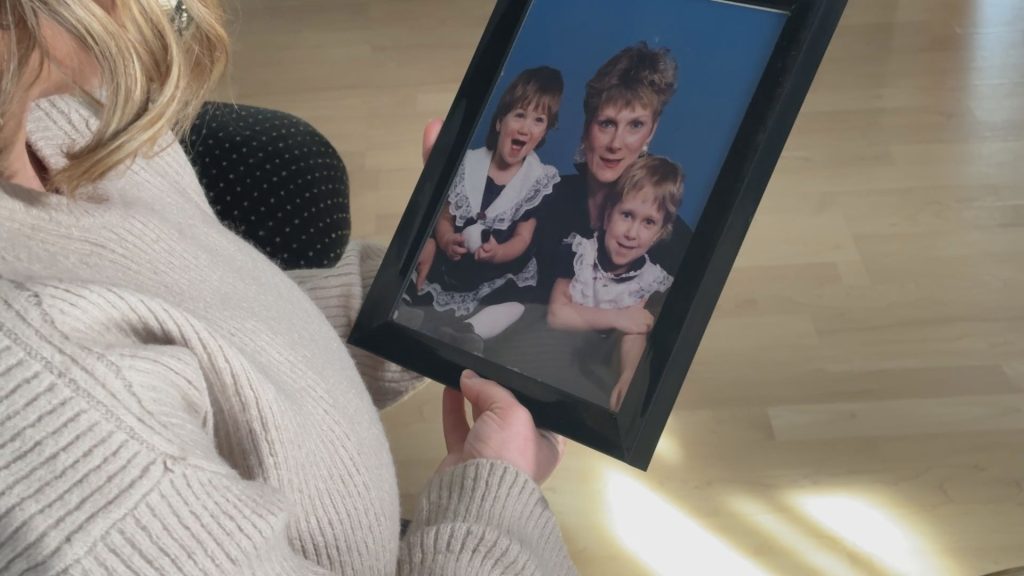Manitobans push to end poverty through EIA program overhaul

Posted October 17, 2024 5:25 pm.
Last Updated October 18, 2024 4:40 pm.
Thursday marks the International Day for the Eradication of Poverty, and Manitobans are calling for change to its employment and income assistance program (EIA).
“If someone deserves to live, they deserve the necessities to ensure that they can,” said Katrina Greer, a Winnipeg resident living in the Weston neighbourhood.
“We are one of the richest nations in the world and we should provide for everyday people because we can.”
Many Canadians consider their full-time job to be their occupation like trades, retail or hospitality.
But for others, including including the 11.5 per cent of adults and 13.5 per cent of children who are living in poverty, their job isn’t what they do. For those struggling to make ends meet, survival has become their full-time job.
“The fact is, whether you’re on EI, EIA, disability, you are not making enough to survive,” said Greer. “We’re not just talking about the odd person here. There are thousands of people in this province dealing with that.”

Greer was laid off from her job for two years this month. Right now she’s relying on Manitoba’s employment and income assistance program, known as EIA.
“I’m stressed about it, and I’m probably gonna be just fine. Hopefully I’ll find work. But other people don’t have the same level of benefit that I’m going to be getting, and that’s going to be a problem for a lot of people.”
Greer’s comments come as Make Poverty History Manitoba, a coalition aiming to change public policy to eliminate poverty in the province, is calling for changes to the EIA program. It says the current EIA system is used by over 60,000 Manitobans, but it’s not enough to provide basic needs, much less support people out of the use of social services to attain a better quality of life.
Changes the coalition are calling for include removing barriers for qualification, adjusting for inflation and raising its benefits from 40 per cent of the poverty line to 75 per cent.
“We deserve to have enough income to live healthy, fulfilling lives. It’s time to stop paying to manage poverty and decide to end poverty,” said Samantha Klassen, with Make Poverty History Manitoba.

Greer thinks changing the current EIA system is a great step forward, but she also worries for those who don’t qualify for the program. For instance, in her neighbourhood there are many people who are in the struggle of choosing whether they pay rent or buy food — a choice Greer herself has had to make before.
“(It feels like) I’m not just letting myself down, I’m letting my family down. Fact of the matter is, food is going to go in my kid’s mouths before my rent is gonna get paid. And then I have to worry about the next step. Will I have a home? And that is an impossible situation for people to be put in,” said Greer.
Although the Winnipeg resident is now in a precarious position herself, she still does what she can to help other families in need.
“Here in our community of Weston, people are not getting what they need food security-wise. (My family puts together) food hampers every week. They go very, very fast. People need the food. They don’t even care what’s in our boxes as long as it’s gonna feed their families. They’re not being picky. They’re hungry.”
Greer is calling for an overhaul of all of Manitoba’s social services, moving from what she feels is keeping people trapped in a cycle of struggle.
“Opportunity helps people. Having access to education. Having access to workplace training. Having access to a quality of life,” said Greer.
“People living in my community here, people living in St. Vital, people living incarcerated, people living downtown, people living in rural Manitoba — we all deserve the basic necessities of life and we all deserve a basic standard of living. Every person does.”








